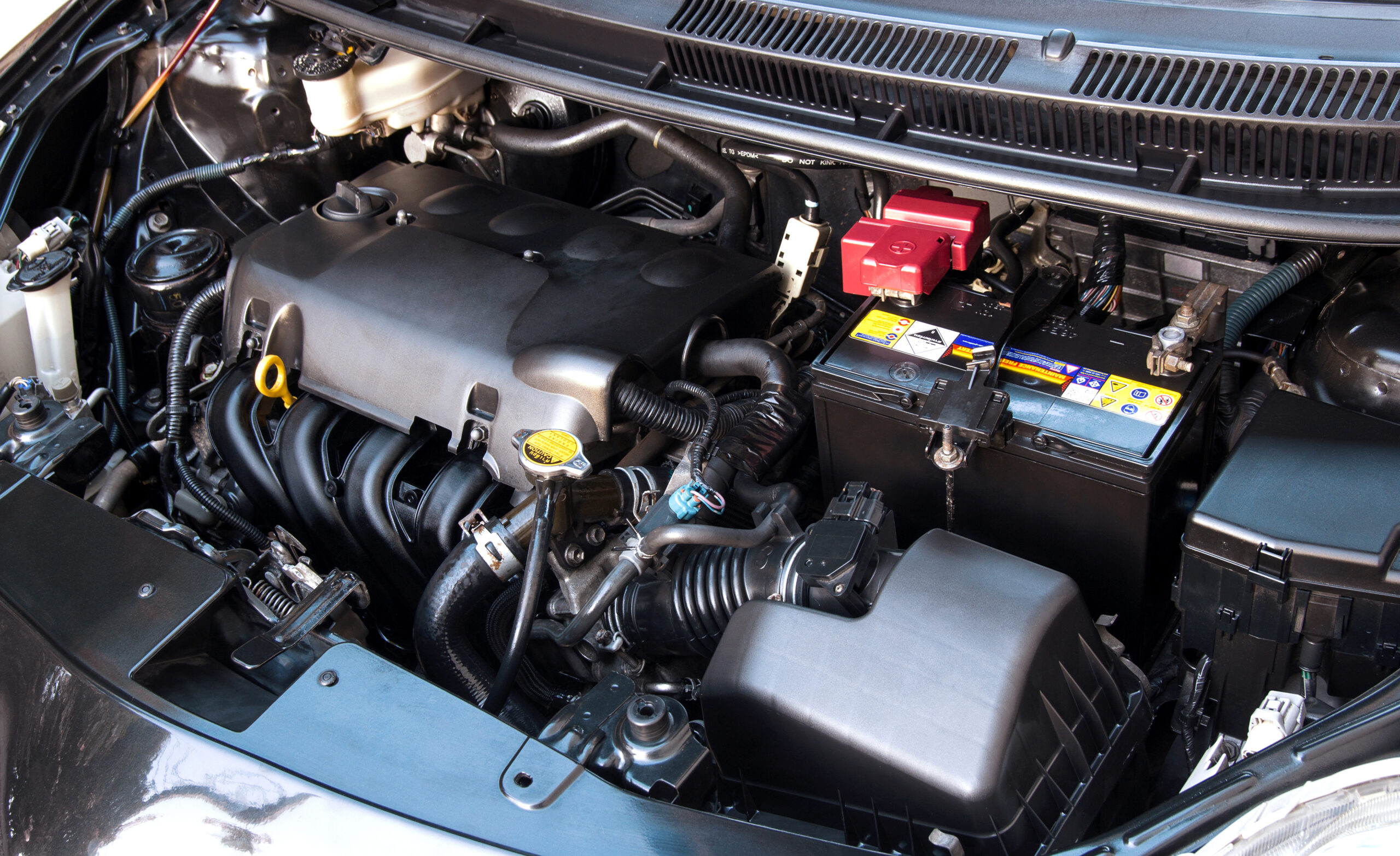When considering the purchase of an accident-damaged car in South Africa, it is crucial to assess the condition of its cooling and heating system. The cooling system plays a vital role in preventing the engine from overheating, while the heating system ensures passenger comfort during colder months. In this article, we will explore the key factors to consider when assessing the cooling and heating system of an accident-damaged car in South Africa.
- Inspect the Radiator and Hoses:
Start by inspecting the radiator and associated hoses for any signs of damage or leaks. Look for cracks, dents, or bent fins on the radiator. Additionally, examine the hoses for wear, leaks, or soft spots. Cooling system leaks can lead to engine overheating and should be addressed before they cause further damage.
- Check the Coolant Reservoir and Fluid Level:
Inspect the coolant reservoir for any signs of contamination or debris. The coolant should be a clean and vibrant color (usually green or orange). Ensure that the coolant level is within the recommended range. Low coolant levels may indicate a leak or ongoing cooling system issues.
- Test the Thermostat:
The thermostat regulates the engine’s operating temperature. Start the car and observe the temperature gauge on the dashboard. It should gradually rise to the normal operating range and then stabilize. If the temperature gauge fluctuates significantly or remains too high, it could indicate a faulty thermostat that needs replacement.
- Assess the Heater Core:
Check the functionality of the heating system by turning on the heater and adjusting the temperature control. Verify that warm air is blowing from the vents. A lack of heat or unusual smells may suggest problems with the heater core, which may require repair or replacement.
- Inspect the Electric Fans:
Electric fans help cool the radiator by drawing air through it. When the engine reaches a certain temperature, the fans should kick in. Run the car and observe if the fans engage properly. Any abnormal noises or failure to activate may indicate issues with the fan motors or relays.
- Look for Signs of Overheating:
Examine the engine for signs of overheating, such as bubbling coolant, steam, or a strong odor. Overheating can lead to severe engine damage. It is important to ensure that the cooling system is functioning optimally to prevent such issues.
- Consider a Professional Inspection:
If you are uncertain about the condition of the cooling and heating system or lack the expertise to thoroughly assess it, consider having a professional mechanic inspect the car. They can perform a comprehensive evaluation, including pressure testing the cooling system and conducting diagnostic checks to identify any hidden issues.
Assessing the cooling and heating system of an accident-damaged car is crucial to ensure its safe and reliable operation. By inspecting the radiator, hoses, coolant reservoir, and fluid level, testing the thermostat, checking the heater core, assessing the electric fans, and looking for signs of overheating, you can evaluate the condition of the cooling and heating system. Remember, if you have any doubts or concerns, it is advisable to seek the expertise of a qualified mechanic who can provide a thorough assessment and ensure the system’s proper functionality.











